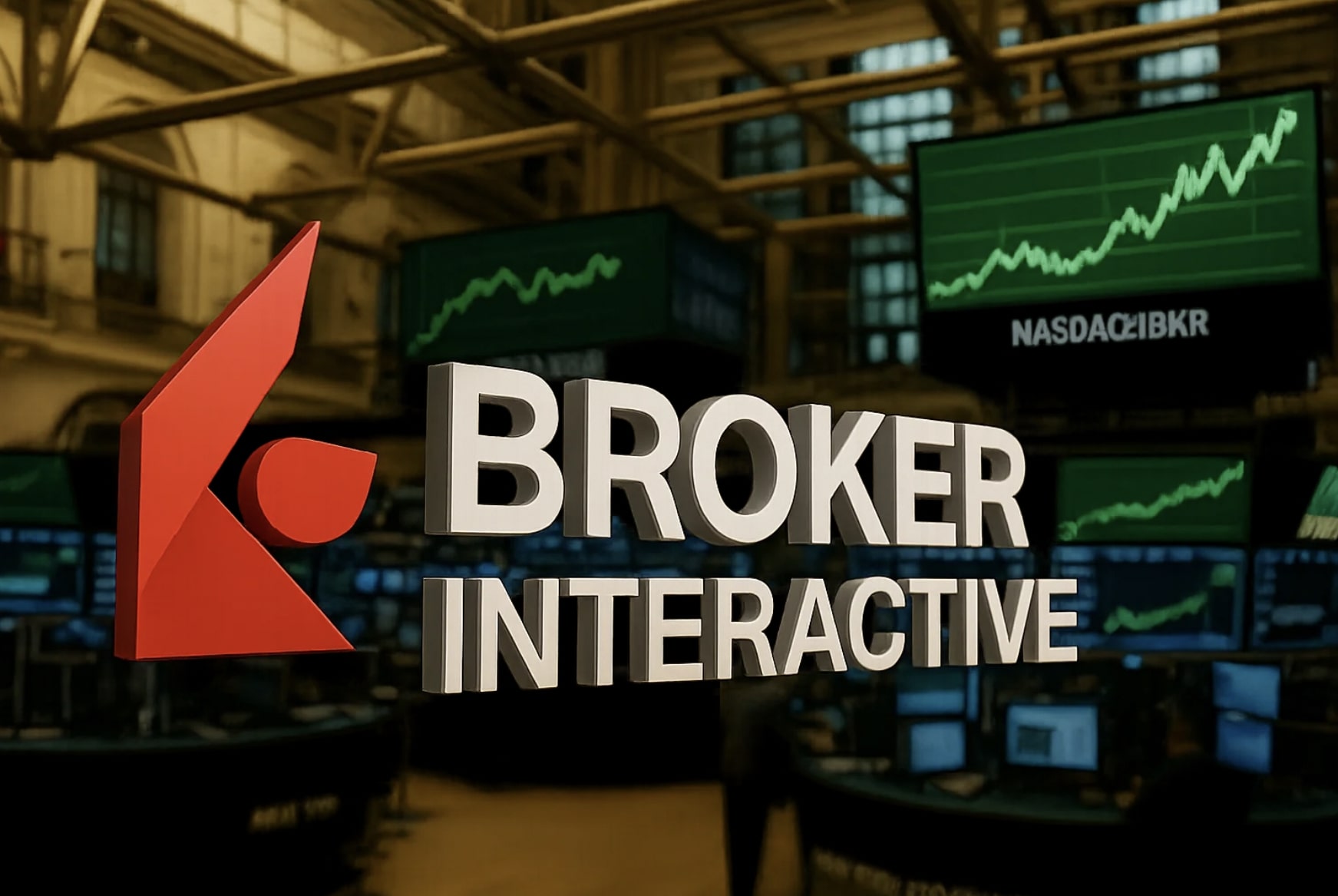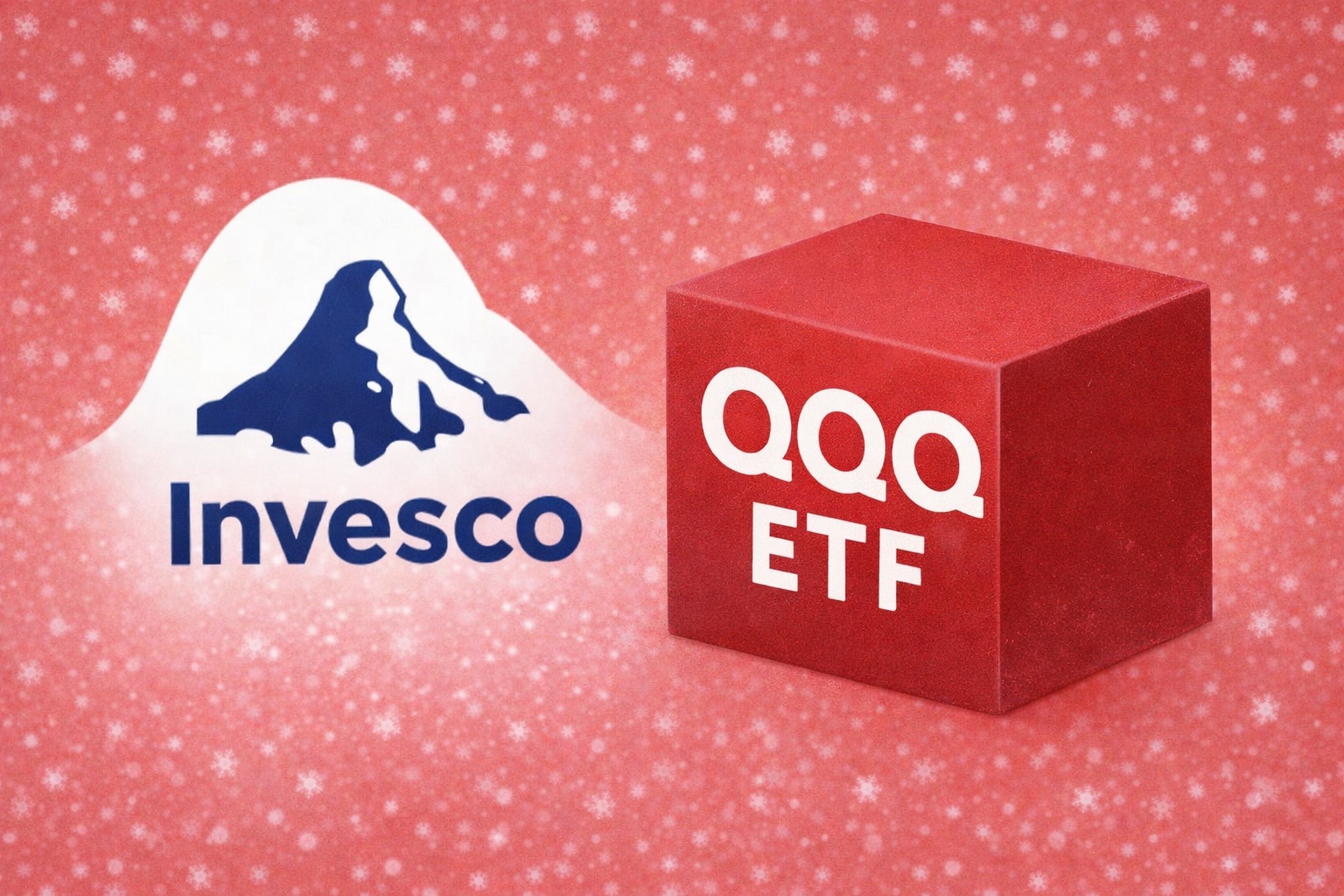
Interactive Brokers (NASDAQ:IBKR) at $159: Time to Buy, Hold, or Wait?
Is the Current Dip in Interactive Brokers (NASDAQ:IBKR) Stock a Buying Opportunity, or Are Risks Ahead? | That's TradingNEWS
Interactive Brokers (NASDAQ:IBKR) Stock Analysis: An In-Depth Look at Performance, Growth, and Risks
Interactive Brokers (NASDAQ:IBKR) has firmly established itself as a key player in the brokerage industry, offering a broad range of services and operating in more than 200 countries worldwide. With a customer base surpassing 3.6 million accounts, it has positioned itself for strong growth, but challenges in the market and broader economic trends have created some volatility for the company. Let's take a closer look at the factors driving its performance and its future prospects.
Strong Revenue and Profit Growth
Over the last decade, IBKR has seen consistent growth, with revenues increasing at an annualized rate of 15.53%. In 2024, its revenue hit over $5.2 billion, demonstrating the company’s ability to expand its customer base while maintaining strong profit margins. For Q1 2025, the company reported a solid 19.2% year-over-year growth in revenue, reaching $1.43 billion. A large portion of this growth came from higher trading volumes, with commission revenue rising 36% compared to the previous year.
However, this revenue boost was offset by a slower increase in net interest income, which is IBKR’s largest source of income. Net interest income saw a modest increase of 3% year-over-year, totaling $770 million for Q1. This represents a challenge for IBKR, as its revenue heavily relies on interest rates and margin loans. A slowdown in trading volumes and lower asset values could dampen net interest income, potentially reducing earnings in the future.
Expansion of Services and Global Reach
IBKR’s global presence is a significant advantage, allowing the company to tap into a diverse array of markets. The company has also been expanding its product offerings to include new features like cryptocurrency trading, with seven new tokens added to the platform in 2025. IBKR is targeting younger, tech-savvy customers with these new offerings, which could position it well for long-term growth in the crypto space, despite the sector’s current volatility.
Furthermore, IBKR has made moves to capture more institutional business. It continues to expand its hedge fund and professional trading client base, which could help diversify revenue streams away from the more cyclical retail trading business. This shift is critical for future-proofing the company, as institutional clients tend to have larger, more consistent volumes, and they contribute higher fees than retail customers.
Operating Efficiency and Margins
One of the key strengths of IBKR is its high operational efficiency. The company’s gross margins have remained consistently strong, averaging around 80% over the last few quarters. The company’s focus on automation and the integration of AI in its operations has allowed it to maintain a low-cost structure, which has contributed to its ability to sustain profitability even amid challenging market conditions. However, despite efforts to improve operational efficiency, IBKR’s margins may be nearing their peak. As competition in the brokerage space intensifies and regulatory pressures increase, it’s uncertain how much further IBKR can expand its margins.
Client Growth and Retention
A major driver behind IBKR’s performance has been its ability to attract new clients while retaining existing ones. In Q1 2025, IBKR added a record 279,000 new accounts, which is a significant achievement, especially when compared to previous years. As of March 2025, the company’s client equity reached $573.5 billion, marking a 23% increase year-over-year. This growth is a testament to IBKR’s ability to remain competitive in the fast-evolving brokerage landscape. The company's expansion into global markets, as well as its push into alternative investment products, will likely continue to fuel its growth for years to come.
Risks to Future Growth
While IBKR has several growth catalysts, it also faces a number of risks that could hinder its progress.
-
Market Volatility: IBKR’s performance is highly correlated with market volatility. While periods of high volatility boost trading volumes and revenues, extended periods of low volatility or a prolonged market downturn could have a significant negative impact on trading volumes and, by extension, on revenue. Given the current economic climate, including concerns about inflation and interest rate cuts, IBKR’s earnings could be affected if these conditions persist.
-
Regulatory Risks: Operating in over 200 countries exposes IBKR to a wide range of regulatory environments. Regulatory changes, particularly in key markets like the US and Europe, could have adverse effects on IBKR’s business operations. For example, tightening regulations in the cryptocurrency market could limit IBKR’s ability to capitalize on this emerging segment. Additionally, rising compliance costs could impact profitability, especially if regulatory burdens increase significantly in the coming years.
-
Interest Rate Sensitivity: The decline in interest rates poses a major risk to IBKR’s business. A significant portion of its revenue comes from net interest income, which is tied to interest rates and margin lending. Should the Federal Reserve or other central banks enact more rate cuts, IBKR could see a reduction in its interest income, potentially leading to lower overall profitability.
-
Competition: The brokerage industry is highly competitive, and IBKR faces growing competition from both traditional financial institutions and newer, low-cost fintech firms. While IBKR has a strong brand and a reputation for innovation, competitors like Robinhood and Charles Schwab offer similar services at lower prices, which could limit IBKR’s growth potential if it doesn’t adapt quickly enough.
Valuation and Market Position
At its current price of approximately $159.50 per share, IBKR is trading at a P/E ratio of 21.6x, which is in line with its 5-year average. Despite some recent declines in the stock price, the company remains undervalued relative to its long-term growth prospects. If IBKR’s strong client growth and increasing market share continue, the stock could see a re-rating, particularly if the company can improve its net interest income and expand its product offerings.
Analysts have set a price target of $178 for IBKR, which represents a 17% upside from the current price. With the company’s strong balance sheet, growing customer base, and expansion into new markets, IBKR is well-positioned for long-term growth. However, potential risks related to interest rates and competition should not be ignored.
Conclusion: Is IBKR a Buy or Hold?
Interactive Brokers continues to be a solid investment, with strong revenue growth, a growing user base, and a proven ability to navigate market volatility. The company's expansion into new products, including cryptocurrency and prediction markets, positions it well for future growth. However, risks related to regulatory changes, interest rates, and competition could affect its future performance.
Given the current stock price and long-term growth prospects, IBKR presents an attractive investment for long-term investors looking for exposure to the brokerage and fintech sectors. The stock is currently trading at fair value, and the recent dip in price provides a potential buying opportunity. However, due to potential short-term volatility and market fluctuations, it may be more prudent to hold off on any aggressive buying until more clarity on macroeconomic conditions emerges.
For investors looking for a solid, long-term investment in the brokerage space, Interactive Brokers remains a strong choice, offering a favorable risk-reward profile.
That's TradingNEWS
Read More
-
QQQ ETF At $626: AI-Heavy Nasdaq-100 Faces CPI And Yield Shock Test
11.01.2026 · TradingNEWS ArchiveStocks
-
Bitcoin ETF Flows Flip Red: $681M Weekly Outflows as BTC-USD Stalls Near $90K
11.01.2026 · TradingNEWS ArchiveCrypto
-
Natural Gas Price Forecast - NG=F Near $3.33: NG=F Sinks as Supply Surges and China Cools LNG Demand
11.01.2026 · TradingNEWS ArchiveCommodities
-
USD/JPY Price Forecast - Dollar Breaks Toward ¥158 as Yen Outflows and US Data Fuel Dollar Charge
11.01.2026 · TradingNEWS ArchiveForex


















